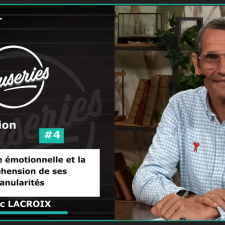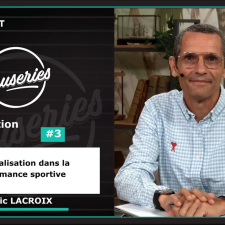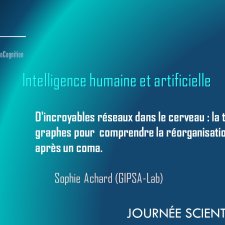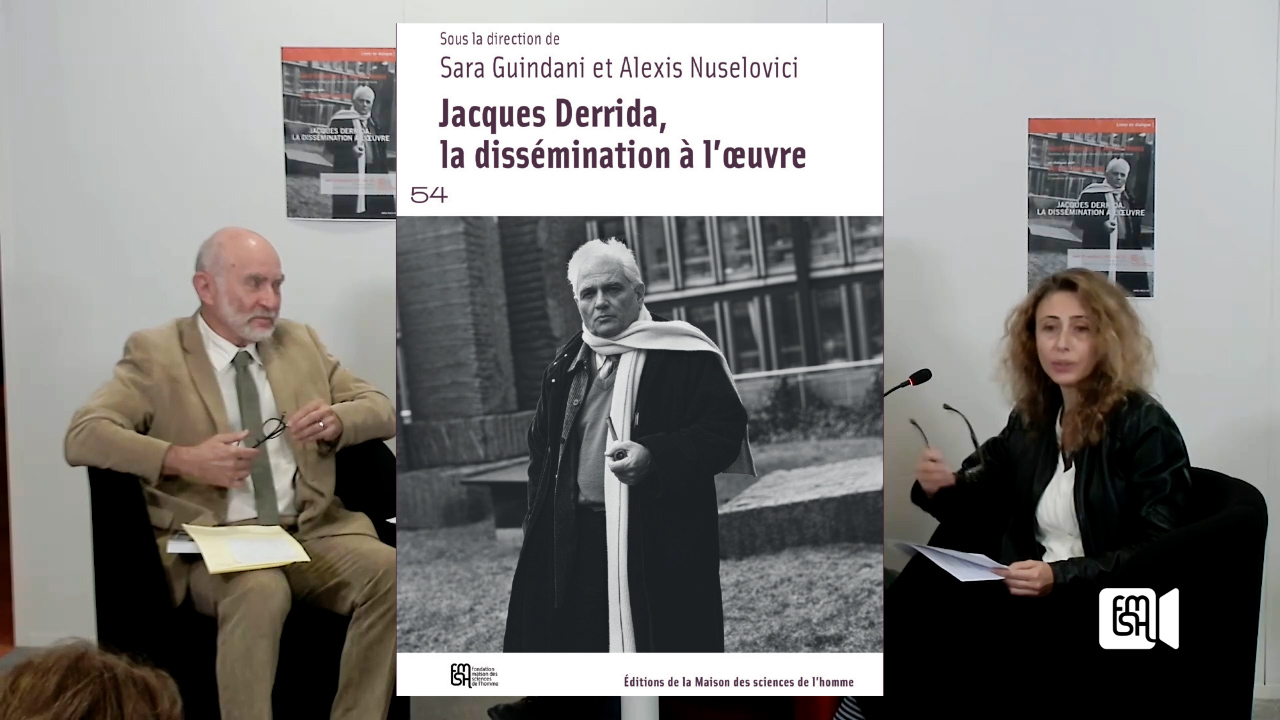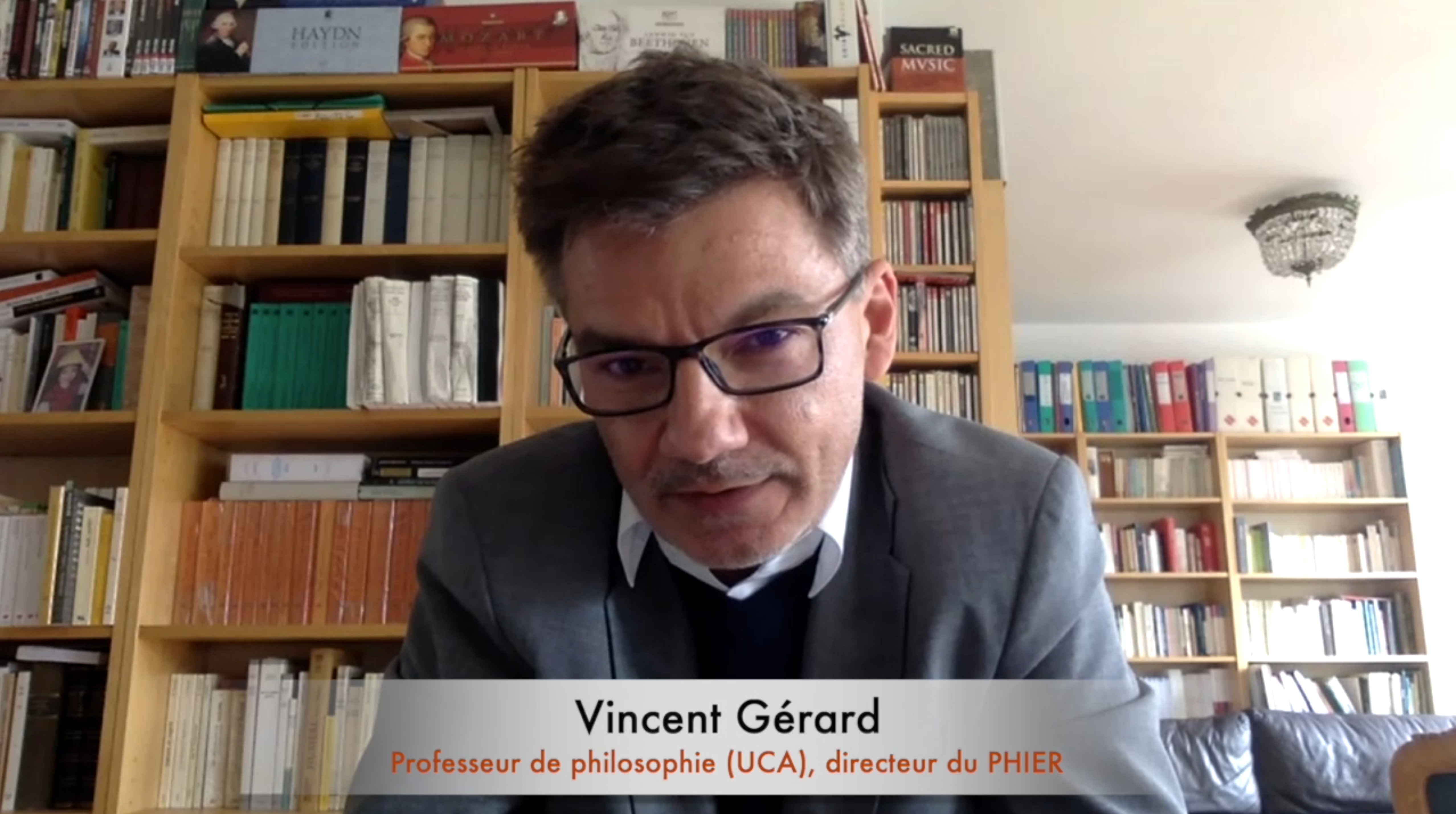Notice
Lecture 4: The Model in Action: Revisiting The Problem of Co-Operation
- document 1 document 2 document 3
- niveau 1 niveau 2 niveau 3
Descriptif
This session is about the distinctive feedback loops that drove our evolutionary trajectory, and in particular, about the role of co-operation in human evolution. An important theme is that the defection problem, while real and important, has been both over-played and misdescribed. It has been overplayed: understanding how the threat of defection has been contained is not the only challenge to understanding co-operation. It has been misdescribed: in most environments, the defection problem is not one of identification but control. Instead of focusing on defection and its potential costs, I focus on the profit of co-operation, and how that profit came to be amplified over time. In discussing these issues, I develop a social intelligence-ecological complexity hybrid model. I argue that hominins have both created and responded to a unique foraging mode; a mode that is both social in itself and which has further effects on hominin social environments (so as in earlier sessions, a continuing theme is the impact of humans on their own selective and developmental environments). I compare this model to the currently popular idea that the foundational form of human co-operation was reproductive co-operation; in particular, a co-operative alliance between grandmothers and daughters that met the threat posed by increasingly seasonal human environments and which allowed those daughters to wean their infants early and often. I argue that reproductive co-operation was probably important, but only as an element of a more general co-operative syndrome. In contrast to some social intelligence models, on the model defended here, hominin encounters with their ecological environments continue to have profound selective effects. However, though the ecological environment selects, it does not select on its own. Accidents and their consequences; differential success and failure, result from the combination of the ecological environment an agent faces and the social features that enhance some opportunities and suppress others; that exacerbate some dangers and lessen others. Individuals do not face the ecological filters on their environment alone, but with others, and with the technology, information and misinformation that their social world provides.
Dans la même collection
-
Lecture 2: The Model in Action: Against Moral Nativism
SterelnyKimLanguage, complex tool-use, extensive co-operation between non-relatives; religion and ritual are all distinctive features of the human mind. They seem to be found in no other living primate, and they
-
Lecture 3: The Model in Action: Social Learning and Its Transformation
SterelnyKimSocial learning is not unique to our species; we do not differ from other primates through being able to learn from our fellows. But social learning takes a unique form in our species: we can
Avec les mêmes intervenants et intervenantes
-
Lecture 2: The Model in Action: Against Moral Nativism
SterelnyKimLanguage, complex tool-use, extensive co-operation between non-relatives; religion and ritual are all distinctive features of the human mind. They seem to be found in no other living primate, and they
-
Lecture 3: The Model in Action: Social Learning and Its Transformation
SterelnyKimSocial learning is not unique to our species; we do not differ from other primates through being able to learn from our fellows. But social learning takes a unique form in our species: we can
Sur le même thème
-
Diplôme Universitaire - Apprendre à apprendre
Présentation de la formation
-
L'exploration mentale #4 – Intelligence émotionnelle et la compréhension de ses granularités
LacroixÉricPorlierChristopheL'exploration mentale #4 – Intelligence émotionnelle et compréhension de ses granularités
-
L'exploration mentale #3 – La visualisation dans la performance sportive
LacroixÉricPorlierChristopheL'exploration mentale #3 – La visualisation dans la performance sportive
-
The coldness of the stone and the lightness of the bird: a memorial garden for the victims of Novem…
AccarainMadeleineTalk by Madeleine ACCARAIN (Wagon Landscaping, Paris), as part of the workshop "Memory, Place, and Material Culture", organized by John SUTTON, 2022-2023 research fellow at the Paris IAS, Emeritus
-
mark edmonds, building and belonging: architecture and memory in neolithic orkney
EdmondsMark R.SuttonJohnTalk by Mark EDMONDS, (Archeologie, York), in the context of the workshop "Memory, Place, and Material Culture", organized by John SUTTON, 2022-2023 research fellow at the Paris IAS, Emeritus
-
La théorie des graphes pour comprendre la réorganisation cérébrale après un coma.
AchardSophieLa théorie des graphes pour comprendre la réorganisation cérébrale après un coma.
-
SOIRÉE DE PRÉSENTATION DE L'OUVRAGE "JACQUES DERRIDA, LA DISSÉMINATION A L’ŒUVRE"
BourmeauSylvainGuindaniSaraNuseloviciAlexisÀ l'occasion de la parution de l'ouvrage Jacques Derrida, la dissémination à l'œuvre dans la collection "54", les Éditions de la Maison des sciences de l'homme organisent une soirée de
-
Comment s’orienter dans la crise ?
Proposée et organisée par la Maison des Sciences de l'Homme de Clermont-Ferrand et le PHIER, laboratoire Philosophies et Rationalités, cette web conférence, ouverte à toutes et à tous, s’est tenue le
-
Topological insights in neuroscience
Hess BellwaldKathrynOver the past decade, and particularly over the past five years, research at the interface of topology and neuroscience has grown remarkably fast. Topology has, for example, been successfully applied
-
Le Libéralisme dans tous ses États : Histoire de la pensée
le Libéralisme dans tous ses Etats- Histoire de la pensée
-
L'attention aux plantes ordinaires
De la forêt à la végétation urbaine, nous vivons entourés de plantes qui participent à la composition de nos mondes. Mais bien souvent, celles qui peuplent les espaces de notre vie quotidienne
-
Penser et agir avec la nature
Les études s'intéressant à l'impact de l'activité humaine sur la nature se multiplient depuis les années 60. Aujourd'hui, l'intérêt du public pour la question écologique est massif et les




